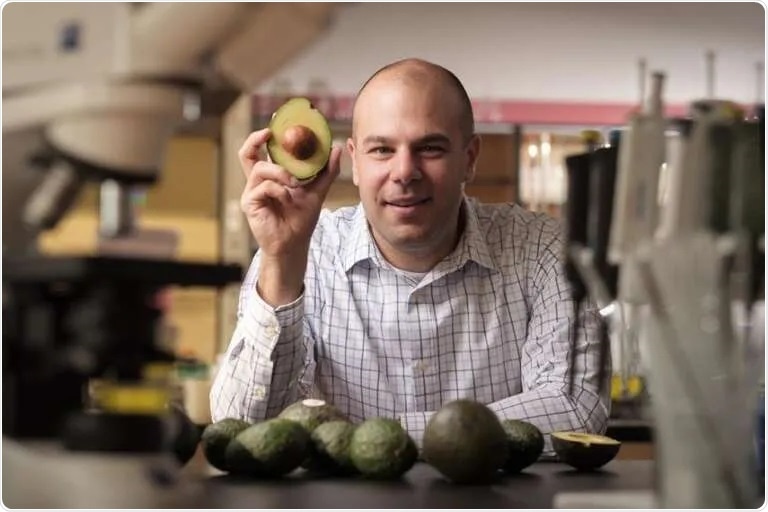According to recent research at the University of Guelph, a compound found in avocados may one day lead to improved leukemia treatment.

Dr Paul Spagnuolo. Image Credit: University of Guelph.
As explained by Dr. Paul Spagnuolo from the Department of Food Science, the compound targets an enzyme that researchers have found, for the first time, to be essential to cancer cell development.
The research, which was recently published in the journal Blood, focused on acute myeloid leukemia (AML), the most lethal type of leukemia. A majority of the cases occur in individuals over the age of 65 years, and less than 10% of patients live five years after diagnosis.
Spagnuolo added that leukemia cells have elevated levels of an enzyme known as VLCAD, which plays a role in their metabolism.
“The cell relies on that pathway to survive. This is the first time VLCAD has been identified as a target in any cancer,” explained Spagnuolo, stating that the compound is a potential drug therapy candidate.
His research group reviewed nutraceutical compounds among a large number of compounds for any agent that may suppress the enzyme.
Lo and behold, the best one was derived from avocado.”
Dr Paul Spagnuolo, Department of Food Science, University of Guelph
Previously, his lab investigated avocatin B—a fat molecule present only in avocados—for its possible use in diabetes prevention and obesity management. He is now excited to see it used in leukemia patients.
VLCAD can be a good marker to identify patients suitable for this type of therapy. It can also be a marker to measure the activity of the drug. That sets the stage for eventual use of this molecule in human clinical trials.”
Dr Paul Spagnuolo, Department of Food Science, University of Guelph
At present, nearly half of the AML patients above the age of 65 receive palliative treatment. Others get chemotherapy, but the drugs are hazardous and can kill patients.
There’s been a drive to find less toxic drugs that can be used. We completed a human study with this as an oral supplement and have been able to show that appreciable amounts are fairly well tolerated.”
Dr Paul Spagnuolo, Department of Food Science, University of Guelph
Dr. Spagnuolo explained this while referring to a previous study that involved using avocatin B for diabetes.
Source:
Journal reference:
Tcheng, M., et al. (2021) Very long chain fatty acid metabolism is required in acute myeloid leukemia. Blood. doi.org/10.1182/blood.2020008551.